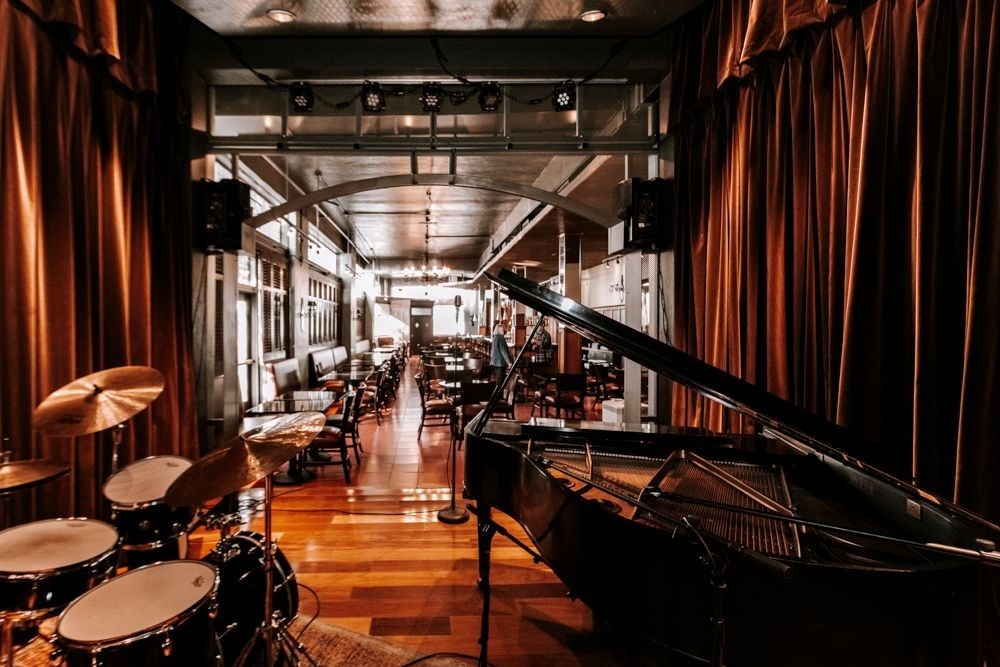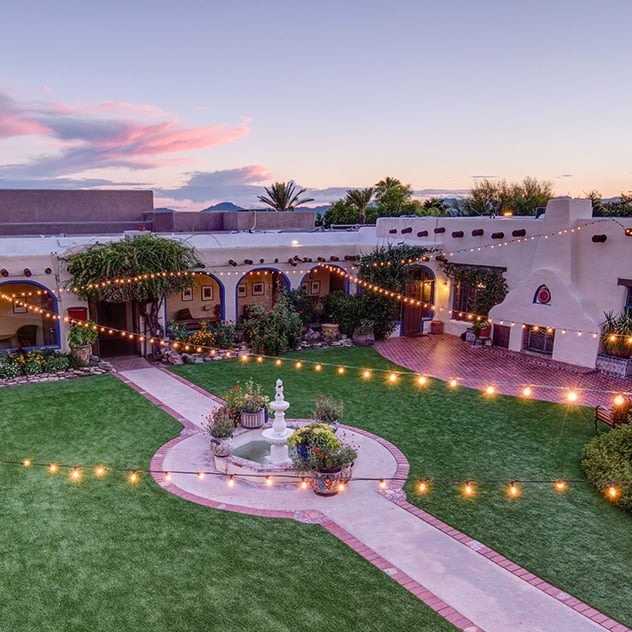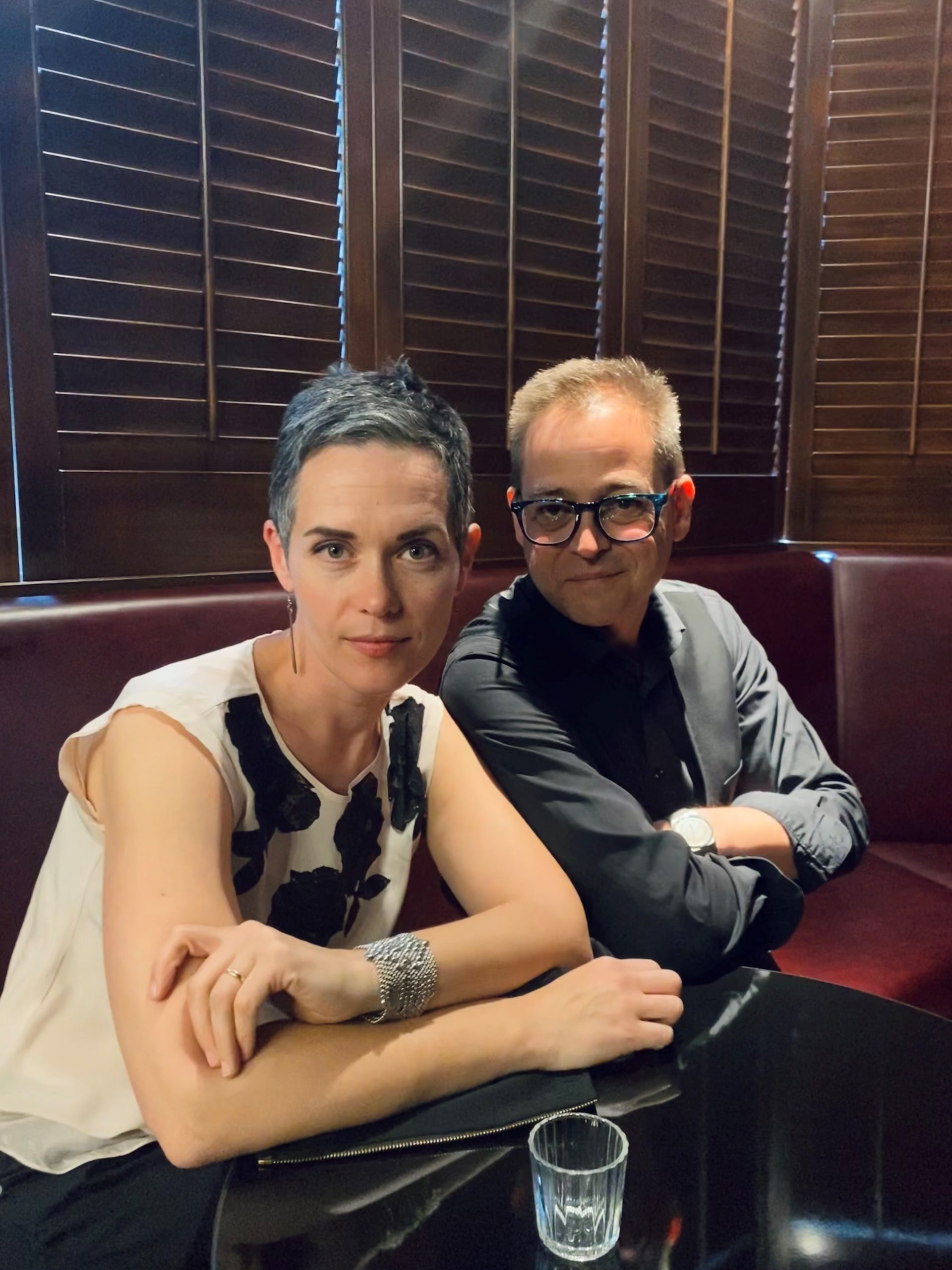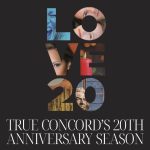Where do you have a Vocal Recital?
You may have done a double-take when you noticed the venues for two of True Concord’s Close-Up Vocal Recitals this season: the Century Room at Hotel Congress (contralto Emily Marvosh, Feb. 28) and the courtyard of Hacienda del Sol Resort (baritone Edward Vogel, March 27). No concert hall? Your first reaction may have been to echo Shakespeare: “O brave new world, that has such people in’t.” Or maybe Dorothy Parker: “What fresh hell is this?”
But there’s really nothing innovative or peculiar about transferring vocal recitals out of the concert hall. Indeed, performing songs or chamber music to a ticket-buying public in a specially designed auditorium was the real novelty as little as 150 years ago.
For centuries, the three main places our ancestors could hear music were church, some aristocrat’s salon, and the local tavern. Habits began to shift at the dawn of the 18th century, with the rise of the bourgeoisie. The new middle class could now afford to buy instruments and began forming the historical equivalent of teen garage bands, practicing and playing for family and friends in the parlor.
When they ventured out for something less grand than a fully staged opera or ballet, they would make their way to places like Gottfried Zimmermann’s coffee house in a fashionable quarter of Leipzig. There, in the 1720s and ’30s, a municipal association of music students and professionals supervised by the likes of J.S. Bach would spend Friday evenings performing the latest secular cantatas and concertos in a room that was not much bigger than a one-bedroom apartment. The audience clustered around tables, because instead of paying admission they were expected to spend the evening buying cup after cup of coffee.
The first public concerts for which admission was charged were apparently given in London by a violinist named John Banister at his home in the 1670s. Within a few years a charcoal seller named Thomas Britton had established his own weekly concerts in a loft. More fashionable denizens in the early 18th century might attend concerts in elaborate pleasure gardens, where Handel’s opera singers would moonlight with a mix of popular and high-class fare.
Recitals at venues more resembling today’s concert halls didn’t really get going, at least in London, until the early 1790s, when Willis’s Rooms, a ballroom that could comfortably hold about 500 attendees, hosted a season of vocal programs. Around the same time in Vienna, Mozart was arranging public concerts to promote his own music and raise money, a practice that would soon be emulated by Beethoven—the age of the freelance composer had arrived. Still, songs and chamber music tended to flourish more naturally in more intimate settings. Even the Vienna Society of Music Friends’ “Evening Entertainments” in the 1820s were initially hosted in a rented room at a wine bar where the usual entertainers were gypsy bands.
And then of course came the mid 19th-century Schubertiade, an evocation of the salon evenings that had revolved around Franz Schubert during his brief life. A typical evening would include a mix of Schubert’s songs with his piano and chamber music, along with discussions of whatever poetry and art interested him at the moment. Years later, in 1868, a member of Schubert’s circle named Moritz von Schwind drew from memory a gathering in the Vienna apartment of Schubert’s patron Ignaz von Sonnleithner, showing about 40 men and women crowded around Schubert and his baritone friend Johann Michael Vogl seated at a small piano.
It wasn’t until the 1850s that what we now think of as “conventional” public Lieder recitals began to spring up, much to the distress of some hard-core aficionados. Consider this 1887 complaint from Hugo Wolf, himself one of the greatest German Lieder composers, decrying the proliferation of public concerts: “Lieder recitals are slowly becoming epidemic. Everything that sings and sounds, and doesn’t sound, wants to warble and crow from the platform.” Yet platform-crowing soon became the norm, and has remained so to this day. Edward Vogel, who will offer a program of British songs outdoors at Hacienda del Sol in March, suggests he’s less excited about crowing from a platform than crooning from a barstool. “Even in great concert halls, the acoustics can be so boomy that your voice may sound lovely but the audience can’t pick up your words,” he says. “Art song has an intimacy to it, so a space that feels more like your living room gives it that really special feeling of being a personal experience, for both the audience and the singer.”

The Century Room at Hotel Congress

Inner Courtyard at Hacienda del Sol
Emily Marvosh, promising a varied program that ranges from Haydn to songs honoring Hotel Congress’ ghostly history, says the most memorable vocal concert she ever attended was during her student years at Michigan State University, when a snowstorm and its aftermath drastically reduced the number of people who could attend a recital by Dawn Upshaw. Rather than cancel the program, the promoters gathered everyone—Upshaw and her listeners—onto the stage itself. “It had a good acoustic,” she recalls, “but it was intimate, and everyone felt they were experiencing the same thing at the same time. You come away from something like that feeling that you really know the artists who were performing.”
Vogel’s own most memorable recital was one he gave in a barn in northern Connecticut, interacting with a concentrated cluster of enthusiastic fans on a beautiful autumn day. He hopes to achieve something similar at Hacienda del Sol in March. “Much of the repertoire of British art song was informed by folk music and nature,” he says, “so I feel like having this backdrop of the sounds of our local nature will really enhance that program.”
When she first inspected Hotel Congress’ Century Room, Marvosh thought the classy bar venue seemed rather long and narrow. But she quickly realized that distance was just a matter of perspective. “Even the people in the back row,” she says, “will still be as close to the performers as they would in Row 15 at Carnegie Hall.”

Emily Marvosh & Michael Dauphinias at the Century Room
CLOSE-UP VOCAL RECITAL SERIES
EMILY MARVOSH, CONTRALTO
MICHAEL DAUPHINAIS, PIANO
Tuesday, February 28, 2023 at 7:00 PM
The Century Room at Hotel Congress

A Stalinist. A bluestocking. A photographer. A weeping willow. A weeping woman. A lonesome whistle.
Come meet these characters and more in a venue that has its share of personality.
EDWARD VOGEL, BARITONE
MARK LASETER, PIANO
Monday, March 27, 2023 at 6:00 PM
Hacienda del Sol – Historic Courtyard

HOW GREAT AND RICH: Treasures of British Art Song
A recital of rarely performed masterpieces from Britain’s most beloved composers.




